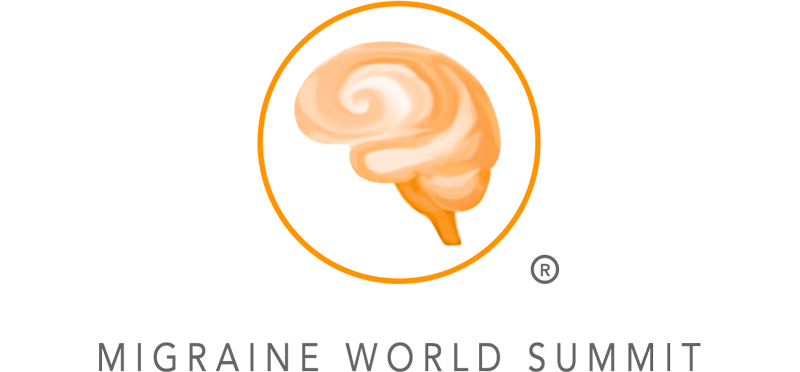 |
With a myriad of information available about the best diet for people with migraine disease, choosing what to eat to avoid an attack can feel overwhelming. Should people with migraine avoid gluten? Are all sugars bad for migraine? Is a ketogenic diet recommended? Dr. Cynthia E. Armand keeps the conversation around food and migraine simple. Dr. Armand is an assistant professor of neurology at Montefiore-Einstein, fellowship director, and director of the Holistic Migraine Lecture Series at the Montefiore Headache Center. She was also named an emerging leader in headache medicine by the American Headache Society. |
 |
| Pictured: Cynthia E. Armand, MD, Neurologist and Headache Specialist, Montefiore Headache Center Is there a migraine diet, or a diet specific for people with migraine? Dr. Cynthia E. Armand: There isn’t one universal migraine diet, but there are certain ingredients or ways of eating that can help. The brain is always working and needs to be protected from stress, particularly cellular stress and oxidative stress. Foods such as salmon, tuna, nuts, berries, and dark chocolate are good for the brain, as are green leafy vegetables like broccoli, kale, and cauliflower. Processed foods can cause inflammation, so people with migraine should focus on eating a range of unprocessed foods that are as close to the food’s natural state as possible. Whole foods help to build and repair the brain and protect against stress. The Mediterranean diet could be a great option for some people because it includes many anti-inflammatory foods, good carbohydrates, olive oil, and good fats, which are all good for the brain. How do sugars cause inflammation? Dr. Cynthia E. Armand: When a person eats sugar, the body produces insulin to decrease the amount of sugar in the body and keep sugar levels stable. When insulin levels rise, it can trigger inflammatory messengers that can cause inflammation. People with migraine don’t necessarily have to eliminate sugar from their diet completely if they’re mindful about which sugars they eat. Refined sugars and artificial sweeteners can cause problems, while sugar from simple carbohydrates keep blood sugar levels stable, preventing the insulin spikes that can cause inflammation. How do we determine which foods could cause migraine? Dr. Cynthia E. Armand: Keeping a diary is a great first step. To start, people should record the foods they eat every day without changing their diet or eating habits. They should also record their migraine attacks, headaches and other symptoms to help identify connections between their diet and how they feel. Because identifying food triggers can be challenging, keeping a diary over a few months can help identify any patterns. When they do start to see some patterns, they should visit their health care provider, who can help them dive deeper into any issues they have with certain foods. Their health care provider may suggest some changes to their diet, or even an elimination diet to target specific foods. Key questions covered in the interview: Is there a migraine diet, or a diet specific for people with migraine?Is the research on diet and migraine reliable?What is inflammation, and how does it relate to pain?Why are processed foods bad for us?How do sugars promote inflammation?Are dairy foods pro-inflammatory?How do we determine which foods could cause migraine?What herbs or spices are recommended for migraine?What are some “migraine superfoods”?What are some good foods to eat during a migraine?Will migraine treatments in the future include a recommended diet? Watch Dr. Cynthia E. Armand’s interview preview here or order it as part of the 2020 Migraine World Summit package. |